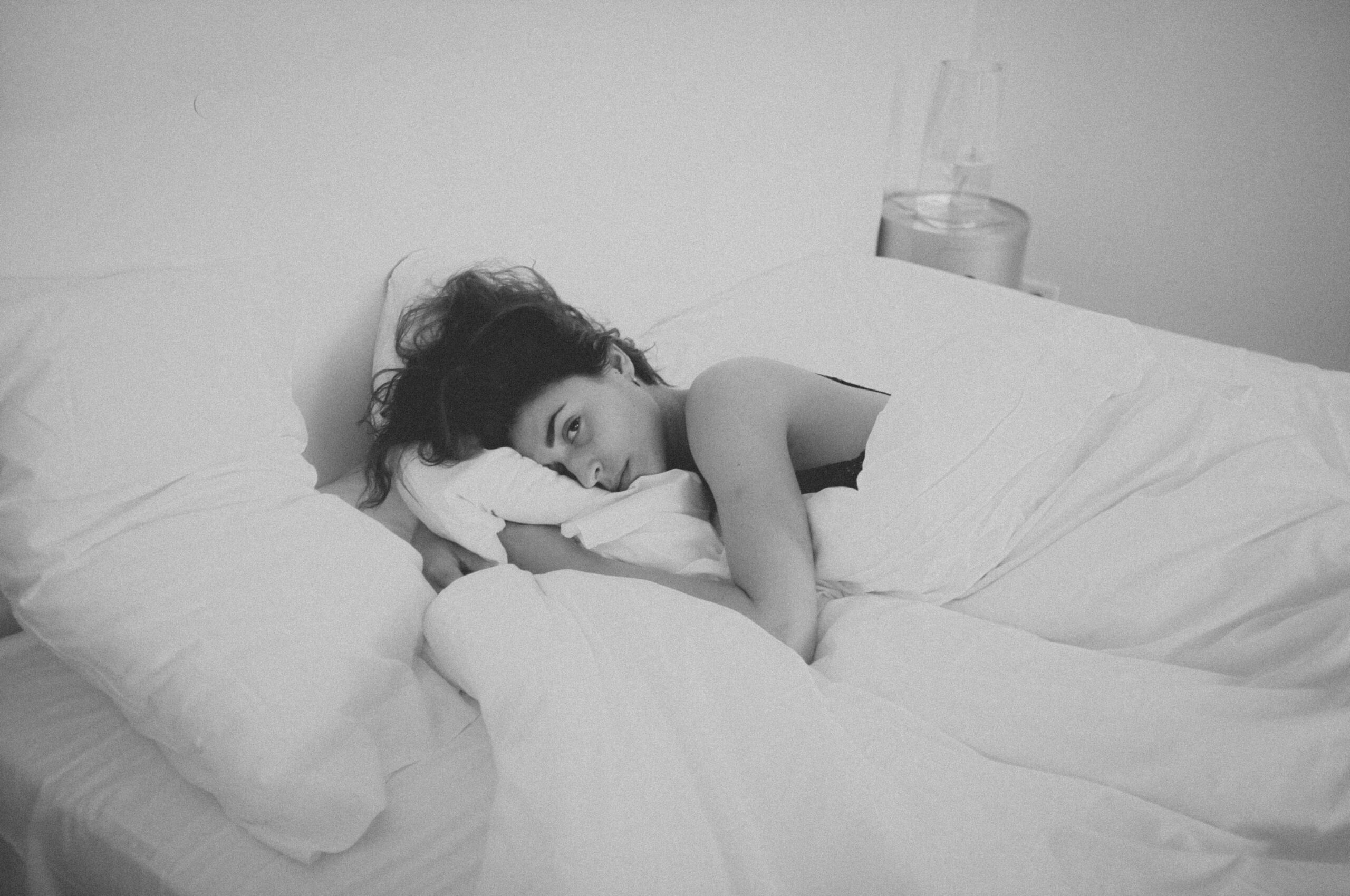Have you experienced low sexual desire at some point in your life? Contrary to what the media will tell you, desire fluctuations are completely normal.
However, there is no denying that women experiencing low desire in their relationships is a well documented sexual concern.
You will inevitably be working with low desire in your private practice, either working with an individual or as part as a couple, so here’s some more information about this all too common concern.
What is Low Sexual Desire?
Low desire is known as Hyposexual Desire Disorder (HDD) in the world of sexual medicine and is classed as a “sexual dysfunction.” At Sex Coach U, we do not work from the medical model because we believe that most “dysfunctions” are usually the result of many factors that can be resolved. Also consider that the medical model has traditionally considered the way that males typically respond to be the default pattern for the classical Sexual Response Cycle (i.e., desire, excitement, plateau, orgasm, resolution).
For anybody (be they male, female, trans, or non-binary) who doesn’t respond in this way, they are seen as having a dysfunction. For many years, women have been told or led to believe that if they don’t desire or enjoy sex, it’s because there is something deeply wrong with them, rather than something wrong with what they’ve been taught about sex.
To paraphrase Dr. Marty Klein, “Is it “sex” that women don’t want, or the sex they’ve been having?”
A Pharmaceutical Approach May Not Be the Answer to Women’s Low Desire

Photo by freestocks on Unsplash
Thanks to the invention of drugs to help erectile challenge—namely Viagra and Cialis—pharmaceutical companies have been scrambling to create the elusive, “Pink Viagra,” or drug that can increase a woman’s desire. But can this really be created and would it be effective?
Many sex coaches, therapists, and other professionals are highly skeptical of how effective a drug for low desire could be, because we know that desire is multi-faceted.
Thankfully, there has been much research and work done to show that the old medical model is outdated and that desire is not a linear process. Notable experts have been Dr. Gina Ogden, Betty Martin, Emily Nagoski, Laurie Mintz, Lori Brotto, and many others. Through their vastly different approaches to working with low desire, they have created groundbreaking new ways of working with clients experiencing this concern.
Thankfully, we are actually listening to women and what they want and have found helpful!
A Range of Non-Sexual Factors Influence Women’s Sexual Desire
We now know many of the factors that influence desire have little to do with your genitals. For example, your overall lifestyle, relationship satisfaction, your physical health, your mental health, hormone changes (including from peri- or menopause), pregnancy, postpartum concerns, vulvar pain, unresolved trauma from the past, medications, stress levels, how well you know your body, and many more factors.
If you identify as a woman, have you ever felt highly aroused when you’re tired, irritable, have a partner who is inconsiderate or who doesn’t listen, have an unskilled partner, suffering with chronic pain, feel run down, or a mixture of some or all of these factors? Probably not.
Then you don’t have a “dysfunction”—you’re normal!
Also remember that most cultures around the world do not encourage women to explore their sexuality. Girls and women are given very different messages—usually negative— about sex, their bodies, their desires, and their genitalia, from those given to boys and men. We cannot ignore cultural factors and social conditioning in our approach to sexual wellbeing.

Photo by Zulmaury Saavedra on Unsplash
Finally, what is often missed is that many women reporting low desire may in fact be on the asexuality spectrum. They could be asexual or demisexual, meaning that a well-meaning but uninformed sex coach or therapist could be trying to perform a form of conversion therapy by trying to make them want to have sex more.
How Sex Coaches Can Work with Low Sexual Desire Concerns
There are many ways to work with low sexual desire in women and there is no “one size fits all” approach. When you start to work with a client, be sure to take a comprehensive sexual history from them to cover all areas of their life.
Some approaches that can be effective are teaching your client mindfulness techniques, helping her learn her specific contexts for sex, providing pleasure-based sex education, encouraging her to explore her desires and sexuality, and even exploring the Wheel of Consent©.
Remember to listen deeply to what the woman wants and let her know that she is in the driving seat—no matter how eager her partner is!
———————————
Continue the Conversation
Curious about training to become a Certified Sex Coach™? Join the next live Info Session to meet the SCU team and participate in a live Q&A!





